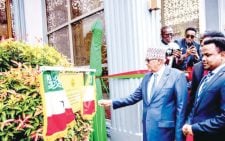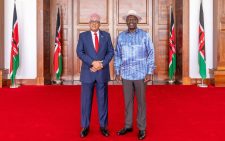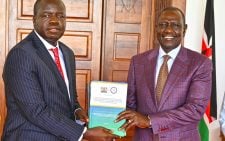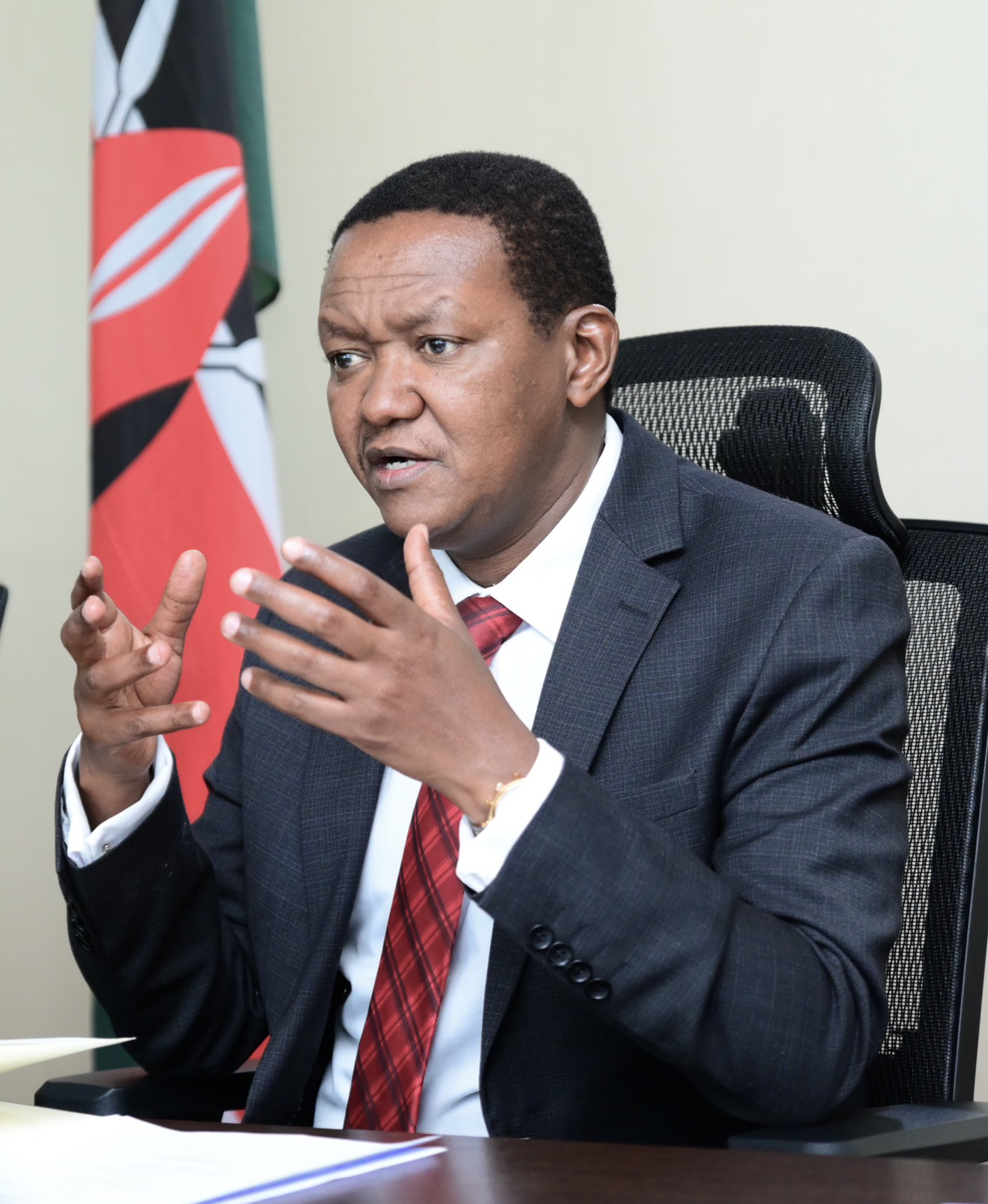Seeds of discord: Azimio warns of GMO health risks

Azimio leaders yesterday warned against the planned importation of genetically modified foods, saying President William Ruto’s government was subjecting Kenyans to associated health risks.
Speaking at separate functions, leaders Raila Odinga and counterpart Kalonzo Musyoka accused Ruto of lifting the ban on GMOs without public participation, saying the move could have been influenced by multinational agro-companies.
The two leaders spoke a week after Ruto chaired a Cabinet meeting and lifted a 10-year-old GMO ban imposed in 2012 by then-President Mwai Kibaki following global health concerns.
Ruto also allowed the importation of genetically modified maize following a deadly famine linked to a prolonged drought.
Raila and Kalonzo, who were Prime Minister and Vice-President respectively in then-Kibaki’s administration, yesterday faulted the one-month-old government for rushing to make a decision that will impact the health of millions of Kenyans.
Kalonzo claimed the new President could have been influenced by powerful foreign figures keen to make a killing from selling GMO products. “In this case, the selfish interest of multinationals that would go to great lengths, and I dare say, even to the extent of quid pro quo, in order to seize our food sovereignty is not in doubt and this regime is an accomplice,” said Kalonzo when he addressed the press at the SKM Command Centre in Karen.
He said the decision was made after Ruto, who was their main rival in the last elections, met unnamed figures known for promoting genetically modified foods.
“The Ruto administration had met several delegations, who have been aggressively lobbying for the lift of the GMO ban in Kenya. We are also aware that these multinationals have sponsored skewed research on GMO biotechnology calculated to reach a desired outcome,” he added.
While interacting with wananchi in Nairobi’s city centre where he attended a session held by Bunge la Wananchi at Jevanjee Gardens, Raila also condemned the decision to lift the ban, arguing that most of the developed nations are opposed to it because of health concerns.
“The issue of GMO is not new at all. The conversation has been there for over 10 years now. Alarmingly, most of the developed countries like Germany, Netherlands, Sweden, Estonia and France are opposed to it because they know it poses health risks. I am telling Kenyans to stand firm and say no to GMOs,” he said.
The lifting of the ban has generated mixed reactions, with those opposed citing studies linking them to deadly diseases such as cancer. Those in support say it will enable Kenya to benefit from a variety of foods and crops that are resistant to the vagaries of weather, ensuring a constant supply and an end to perennial shortages.
Farm contamination
Kalonzo said they will ask Parliament to reverse Ruto’s decision, adding that the perils will outweigh the gains in the long run. “Our biodiversity and national pride in the identity of the organic Kenyan Seed will be lost to mutated forms of crops. GM crops cannot co-exist with organic and non-GM crops due to contamination. Also, who will compensate farmers for their lost livelihoods and lost heritage after such contamination?” he posed.
Kalonzo, who asked the church to rise against the government’s decision, said trade with East African countries would be negated by the admission of the technologically engineered foods.
“Admittance of GMOs into Kenya will also affect multilateralism, especially within EAC, whereby our neighbouring countries that have banned GMOs, and who export maize to Kenya, will not be able to compete with the cheaper subsidised GMO maize. Moreover, having not been consulted by the Ruto administration, the ban on GMOs will jeopardise trade within the EAC and cause unnecessary trade restrictions as neighbouring countries attempt to protect their citizens from Kenyan GMO,” he added.
Raila also dismissed a decision by the Catholic Church to commence research on the effects of food produced through biotechnology innovation. “The main reason European countries rejected it is because of health concerns. I hear they wanted to do research. Which research will they do? We have rejected it. We must stand up and say no to GMOs,” he reiterated.
On Monday, Nairobi Archbishop Phillip Anyolo said the church would protest the lifting of the ban on GMOs should it find they are harmful to human health.
“We will not hesitate to oppose anything that is dangerous for human consumption. The Catholic Church will give its stand on the GMO reintroduction in the country after we conclude the studies that are already underway,” Anyolo said.











